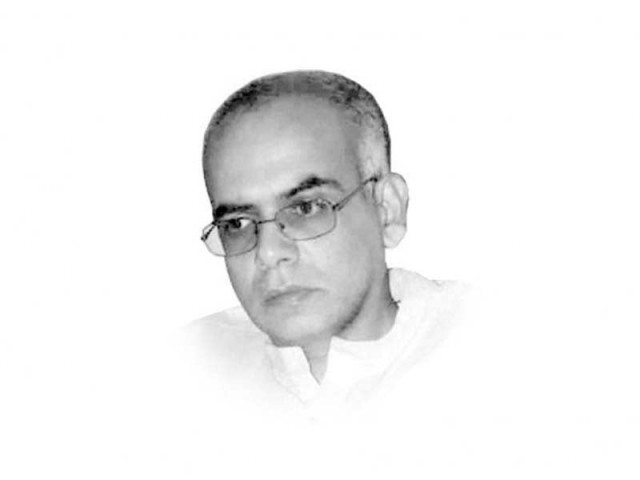What is secularism?
Liberals within Pakistan, whoever they might be, need to utilise local idioms and norms to speak against intolerance

The writer is a development anthropologist. He teaches at George Washington University
Is being liberal another word for being secular, and if so, is being secular necessarily a good thing?
Secularism is not as neutral a term as many of its self-proclaimed adherents would imagine. Let me refer here to an important work by the famous academic Talal Asad. In his seminal work, Formations of the Secular: Christianity, Islam, and Modernity, he examines the curious character of modern European and American societies and how these societies have given form to a far from ideal notion of secularism.
Asad considers it a faculty to view secularism as a neutral space which forbids religious opinion or interference in political questions. He points, for instance, to the explosion of intolerance in the post-9/11 American society, despite the US being a secular and a highly modern society. Similar trends have been witnessed across Europe as well in recent years.
Asad argues that secularism cannot be viewed as a successor to religion, nor can secularism be assumed to automatically promote rational behaviour. Asad challenges the depictions of the modern nation-state as an equal-access society. He instead asserts that Western liberalism remains incapable of addressing contemporary social needs, especially when it comes to matters of religious pluralism. Such claims seem justified given the widespread Islamophobia evoked by the growing presence of Muslims within Western societies.
Asad is also critical of the process of creating humane secular societies within the developing world. He highlights how European rule in colonised countries tried to justify itself by claiming that it was making moral improvements in otherwise cruel and despotic societies. The attempt by European rulers to outlaw customs they considered cruel was also not motivated by the need to alleviate the suffering of ordinary people. Instead, these secularist assertions were fuelled by a desire to impose European standards of justice and humanity onto their colonies.
Asad demonstrates that Western modernity continues making similar hegemonic assertions today by projecting itself as the standard by which all contemporary developments must be judged. Other scholars, such as Saba Mahmood, have spoken against the imposition of other similar Western ideals, such as the term ‘religious minorities’, which she thinks is framed and exported to the rest of the world as the means to provide an excuse for intrusive external meddling. Since the notion of minority rights has become highly standardised based on Western ideals, it often neglects historic and indigenous forms of accommodation, and can often exacerbate tensions between majority and minority populations instead of alleviating them. It is also ironic that the standards of protecting religious minorities have been formulated by Western countries, which themselves have a dubious record of protecting their own minorities, be it racial or other indigenous groups. In the case of the US, for instance, it has become one of the leaders to preserve minority rights abroad despite its own dismal record of treating African-Americans and Native Americans.
However, the lesson here is not to dismiss the need to protect our religious minorities or dismiss the idea of preventing religious persecution but to instead rethink and recalibrate relations between state and religion from indigenous perspectives, rather than using ill-fitting conceptions imported from abroad.
Liberals within Pakistan, whoever they might be, need to utilise local idioms and norms to speak against intolerance, and to promote more accommodative ways of negotiating religious difference, rather than adopting jargon imported from other parts of the world. Doing so will make their arguments much harder to dismiss or delegitimise.
Published in The Express Tribune, January 12th, 2018.
Like Opinion & Editorial on Facebook, follow @ETOpEd on Twitter to receive all updates on all our daily pieces.














COMMENTS
Comments are moderated and generally will be posted if they are on-topic and not abusive.
For more information, please see our Comments FAQ